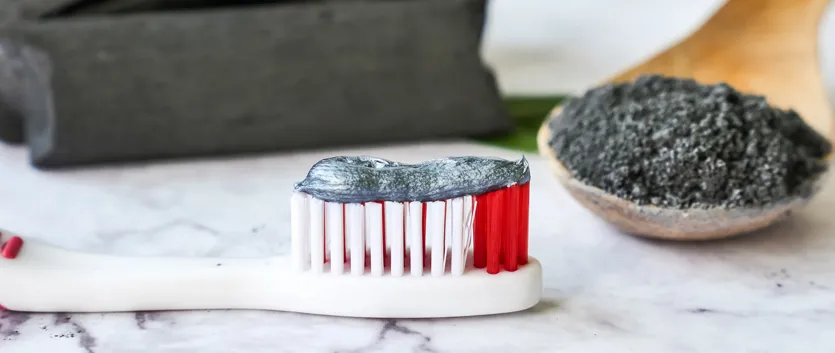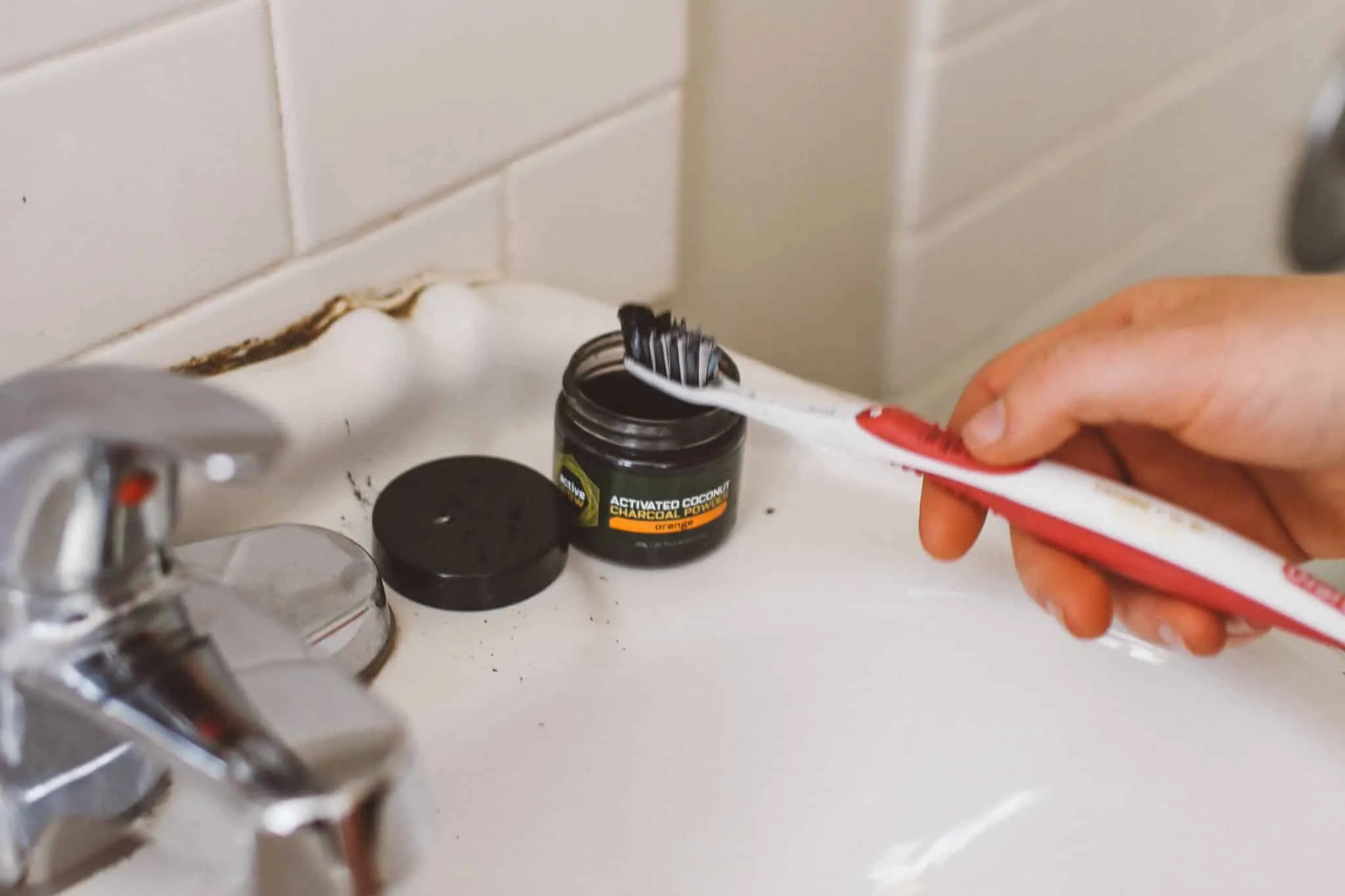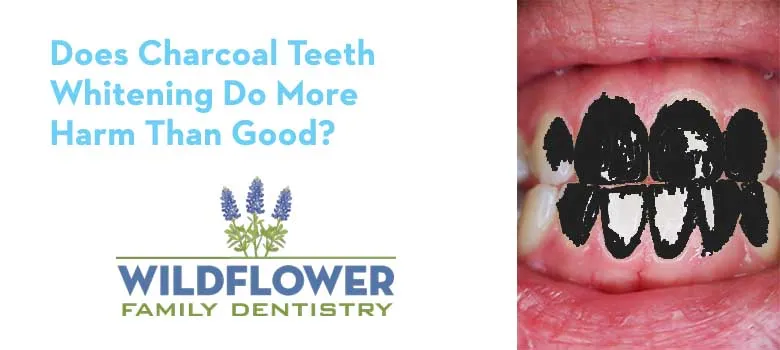What is Charcoal Teeth Whitening
Charcoal teeth whitening has surged in popularity as a natural method to brighten smiles. Activated charcoal, derived from sources like coconut shells, is the key ingredient. It is processed to become highly porous, which is believed to enable it to trap and remove stains from teeth. The premise is that charcoal acts as a mild abrasive, scrubbing away surface stains caused by coffee, tea, wine, and other staining agents. The process typically involves brushing your teeth with a charcoal-based powder or toothpaste. While many people are drawn to the idea of a natural, inexpensive whitening solution, it is important to consider the scientific evidence and expert opinions before trying it.
How Charcoal Teeth Whitening Works
The mechanism behind charcoal teeth whitening centers on the porous nature of activated charcoal. The tiny pores are thought to bind with stain molecules on the surface of the teeth, effectively lifting them away when you brush. Proponents claim that it can draw out toxins and impurities, leading to a cleaner mouth and whiter teeth. However, there is no scientific evidence that activated charcoal can whiten teeth any better than regular toothpaste. The abrasive nature of charcoal might also contribute to the removal of surface stains, which can give the appearance of whiter teeth, but this effect is temporary. It is crucial to understand that the effectiveness and safety of this method can vary significantly.
Charcoal Teeth Whitening Benefits

While the benefits of charcoal teeth whitening are often overstated, some users report positive experiences. Many people are attracted to charcoal teeth whitening because it is seen as a natural alternative to chemical-based whitening treatments. The perception of being ’natural’ aligns with a growing consumer preference for products perceived as safe and gentle. Some users claim it helps remove surface stains, leading to a brighter smile. Some also feel it improves overall oral hygiene by removing plaque and bacteria. Another perceived benefit is its affordability, as charcoal-based products are generally cheaper than professional teeth whitening treatments. However, it’s important to approach these claims with a critical eye.
Charcoal Teeth Whitening Risks
Despite its popularity, charcoal teeth whitening carries several risks that you should be aware of before trying it. One major concern is its abrasiveness, which can damage the enamel, the protective outer layer of the teeth. Enamel erosion can lead to increased sensitivity, cavities, and a higher risk of tooth decay. Another risk is the lack of scientific evidence supporting its effectiveness. The American Dental Association (ADA) has not approved charcoal teeth whitening products because there is no proof that they are safe or effective. Furthermore, charcoal can sometimes stain dental work, such as crowns and veneers. Finally, charcoal can lead to other health issues depending on its composition and how it is used.
Potential Side Effects
Several side effects can result from using charcoal for teeth whitening. Increased tooth sensitivity is one of the most common. This is due to the erosion of enamel, which exposes the underlying dentin and nerve endings. Another potential side effect is gum irritation, especially if the charcoal is used aggressively or if the product contains harsh additives. Staining of dental work, such as fillings, crowns, and veneers, can also occur, leading to uneven appearance in your smile. In addition, excessive use can cause an imbalanced oral environment, possibly leading to other dental problems. It’s crucial to pay attention to any changes in your oral health and consult a dentist if any issues arise.
Damage to Enamel

Damage to enamel is the most significant risk associated with charcoal teeth whitening. Enamel is the hardest substance in the human body and protects the teeth from damage. The abrasive nature of charcoal can wear down the enamel over time, making teeth more vulnerable to decay, sensitivity, and discoloration. Once enamel is gone, it cannot be replaced. The resulting enamel erosion can lead to long-term dental problems and the need for more extensive and costly dental treatments. Therefore, protecting your enamel should be a top priority in your oral hygiene routine, and considering the potential harm, it is crucial to consider safer alternatives to achieve a brighter smile.
Effectiveness of Charcoal Teeth Whitening
The effectiveness of charcoal teeth whitening is often debated, with limited scientific evidence supporting its claims. Many studies show that charcoal may only remove surface stains. While it can make your teeth appear brighter by removing superficial stains, it does not change the intrinsic color of your teeth, which is determined by genetics, aging, and other factors. Unlike professional whitening treatments that use bleaching agents like hydrogen peroxide to penetrate the enamel and change the color of the tooth, charcoal only works on the surface. The temporary brightening effect is also limited, and the long-term effects on tooth health need consideration. Always consult a dentist for a professional opinion.
Alternatives to Charcoal Teeth Whitening
Fortunately, several safer and more effective alternatives to charcoal teeth whitening are available. These options provide better results and are backed by scientific evidence. Consider these alternatives to safely achieve a brighter and healthier smile. These will provide a much safer and more effective approach than using charcoal. They are also readily accessible and offer a wider range of results based on your specific needs and goals.
Professional Teeth Whitening

Professional teeth whitening is one of the most effective and safest ways to whiten your teeth. This procedure is performed by a dentist, who uses a high concentration of hydrogen peroxide or other bleaching agents to penetrate the enamel and change the color of your teeth. The dentist can monitor the process and ensure the safety of your teeth and gums. Professional whitening can provide dramatic and long-lasting results compared to over-the-counter products and charcoal treatments. Additionally, dentists can address any underlying dental issues that may be affecting the appearance of your smile.
Over-the-Counter Whitening Products
If you are looking for a more affordable and accessible option, over-the-counter (OTC) whitening products can be a good choice. These products include whitening toothpaste, strips, and gels. They typically contain a lower concentration of bleaching agents than professional treatments, so the results are generally less dramatic, but the risk of enamel damage is also lower. Whitening strips are a popular choice because they are easy to use and offer noticeable results. When using OTC products, follow the instructions carefully and look for products approved by the American Dental Association (ADA).
Final Thoughts on Charcoal Teeth Whitening
In conclusion, while charcoal teeth whitening may seem appealing due to its natural origin and affordability, it carries significant risks that outweigh the potential benefits. The abrasive nature of charcoal can damage your enamel, leading to long-term dental problems. Furthermore, the effectiveness of charcoal in whitening teeth is limited. It’s best to consult your dentist and consider proven, safe alternatives, such as professional whitening or over-the-counter products with ADA approval. Prioritizing your oral health means making informed decisions that protect your teeth and gums. Always weigh the potential risks against the perceived benefits and consult your dentist before trying any new teeth whitening method.
